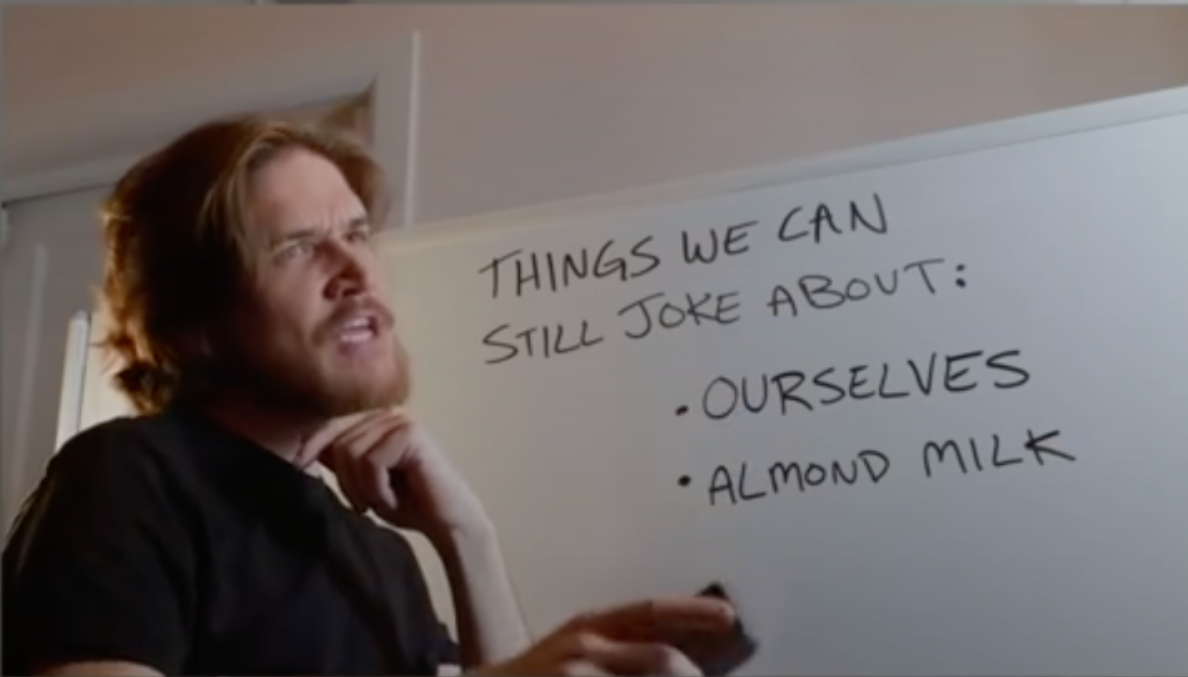- cross-posted to:
- physics@mander.xyz
- cross-posted to:
- physics@mander.xyz
The ability to jump forward and backwards in time has long fascinated science fiction writers and physicists alike. So is it really possible to travel into the past and the future?
Tl;dr
Forward? Yes
Backward? Maybe (but probably not)
In our universe there are several possibilities to slow the passage of time compared to an observer on earth. Namely travelling at a high percentage of the speed of light or existing in a high gravity field (close to the event horizon of a black hole) but there is no practical way to travel back and forwards in time
In your SF universe? Well, it is what ever you decide.
I’m no physicist, but this is such massive horseshit:
One of the peculiar observations that has emerged from the study of the quantum realm is non-locality. A change in a particle’s state in one location can instantaneously influence another “entangled” particle somewhere else […]
“A lot of physicists are very unhappy with the possibility of non-locality,” says Adlam. That’s because, for the effect to be instantaneous, the information must be conveyed from place to place at faster than the speed of light. This is supposed to be impossible.
Imagine, you’ve got a printed photograph. You rip it in half and put each half into identical envelopes. You mix them up and send one of them to Australia.
Now you open the envelope you kept and see that it’s the left half. Boom! Instantaneous knowledge that the envelope in Australia contains the right half. Faster than light!As far as my understanding goes, this is all there is to quantum entanglement. But because it’s quantum, everyone loses their minds over it.
To my understanding it’s one step more, not only observation but interaction as well, manipulating one side of the entangled particles resulting in an instant (and similar/same) change on the other side as well. In fact even the observation is a form of interaction in this case that changes the state of the entangled system.
That’s just a local “if” statement, where you assume something to be true based on local information.
You wouldn’t actually know if a dingo ate the envelope unless you check it. The information to confirm your assumption is still in Australia.
You’re absolutely right. You’re no physicist.
But seriously, for a practical example of “action at a distance”, consider quantum key distribution.



